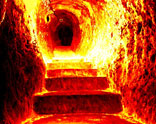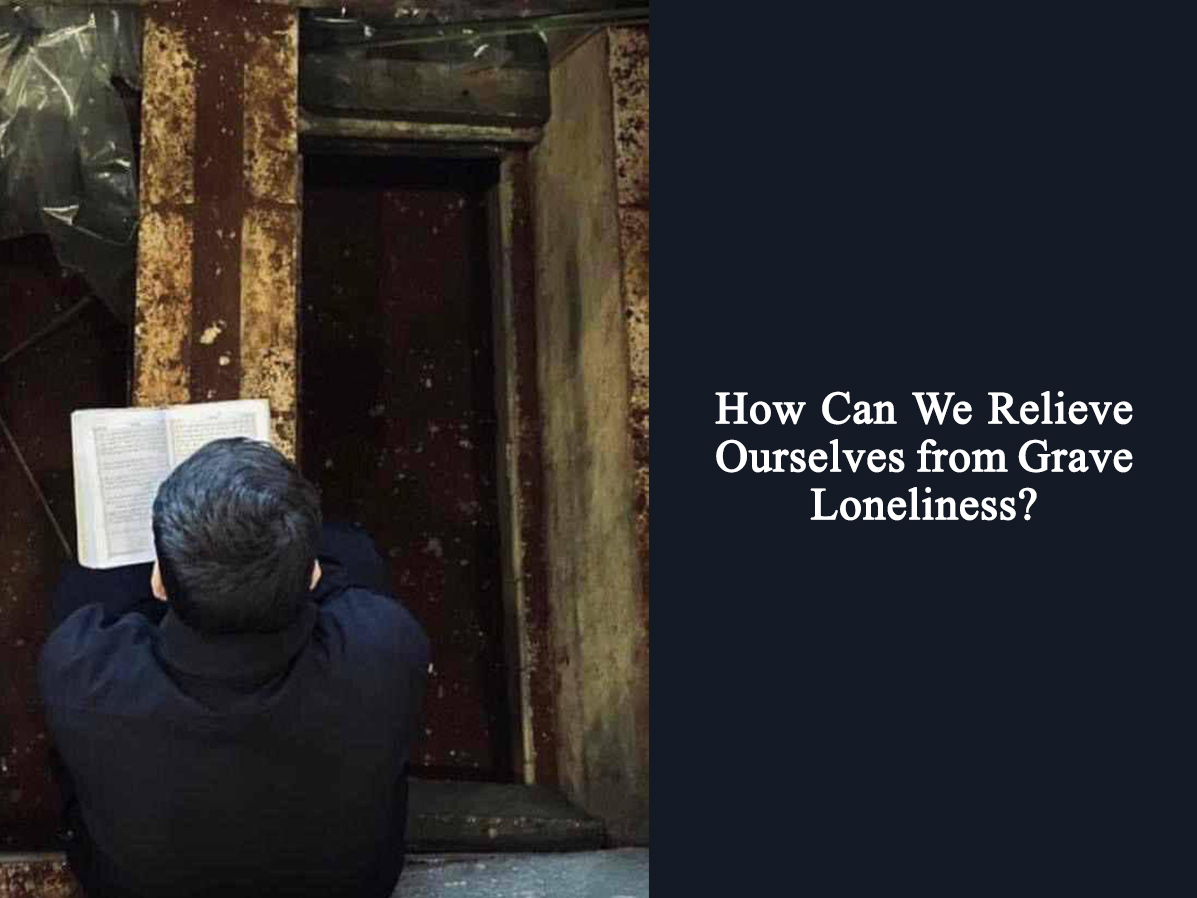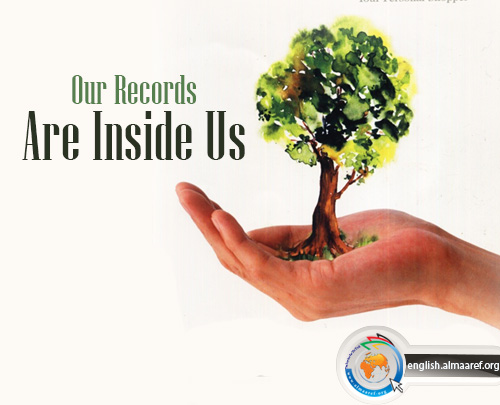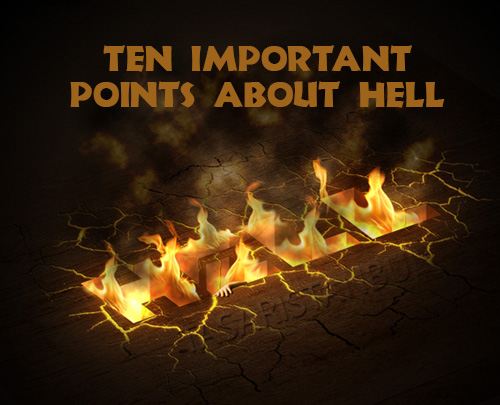INTERMEDIATE PERIOD (BARZAKH)
Death & Purgatory
The state of the body in Barzakh.
One of the dreaded stages of the Hereafter is Barzakh'. Barzakh' literally means a curtain or a separator which lies between two things and does not allow them to meet each other. For example, sweet water and bitter water both flow side by side, but Almighty Allah has set between them a barrier so they do not intermingle. As Allah says in the Qur'an, ﴾He has made the two seas to flow freely (so that) they meet together, Between them is a barrier which they cannot pass﴿. (Surah-ar-Rahman: 19 - 20). But Barzakh in this context means that Allah has placed a curtain between this world and the hereafter. Imam Ja'far-as-Sadiq (A.S.) says, "By Allah! I fear a lot for your state in Barzakh". The narrator asked Imam (A.S.) as to what was Barzakh? Imam Sadiq (A.S.) replied that, It is a period starting from death till Qayamat1.
﴾And before them is a barrier (Barzakh) until the day they are raised﴿. (Surah Al Mu'minoon: l00)
The period of Barzakh and the body
Barzakh is also called a corporeal or a non-material world (Alame Misali) because somewhat it seems like this world, but its nature and matter is totally different. After we die the other world seems quite vast when compared to this world, seems quite vast when compared to this world, and this world can be compared to the womb of the mother. In the same manner the body of a human in Barzakh will be the likeness of the one in this world. It means that in Barzakh the physical components of a man will be the same as in this world, but will be independent of matter. In fact it will be more pleasant and lighter (Lateef) than air, and will be transparent.
Imam Ja'far Al Sadiq (A.S.) says, "If you look at the corporeal / imaginable body (Badane Misali, in Barzakh), you will say that it IS the same one (as in this world)".
If one looks at one's dead father in a dream, he will surely say that his appearance and bodily components were the same as when he was alive. But the reality is that his body and matter lie buried in the grave.
The eyes remain the same but devoid of the shortage of sight which may necessitate the wearing of spectacles. The other bodily parts also do not become exhausted or weak, the teeth do not fall off, and a believer rejoices in eternal youth, while a non-believer suffers the impediments of old age, which act as Allah's chastisement.
Philosophers & thinkers compare this body (in Barzakh) to the image in a mirror, but with two differences: (1) The Corporeal body (Badane Misali) is firm & free, and independent of the mirror, and (2) It is intelligent, wise, and understanding as against the image in the mirror. It can also be compared to a dream in which we travel from one place to another in the twinkle of an eye. In Barzakh the body consumes a variety of food and drinks, and hears the music, the likeness of which can not be found in this world. The spirit (Rooh) also rejoices in the pleasures along with the corporeal body. In fact the food and drinks of that world are more tasty and free from material dirt and uncleanliness as stated in traditions (Ahadees).
One thing gets converted to another according to the wish of the believer. Plums turn into grapes, and grapes into any other fruit, as will be discussed in the incident of Hazrat Hamza (A.S.)
Difficulty of Impression and Effects
In the state of Barzakh the intellect of the corporeal body is very strong. The pleasures which we derive in this world are nothing as compared to those in that stage. Because the reality lies there whereas here is the likeness of it. If a Hoorie' looks towards this world and lifts up the veil an inch off her face, the light of the sun would seem like nothing in front of the light emanating from her glowing face. And the eyes would turn blind, hence complete beauty lies there. ﴾Surely We have made whatever is on the earth an embellishment for it, so that we may try them (as to) which of them is the best in deeds﴿. Surah Al Kahf: 7.
* Manazil Al Akhira. By SHAIKH ABBAS BIN MOHAMMAD REZA AI-QUM. Chapter 2. Published in Iran, Qum.
1- Biharul Anwar.




















